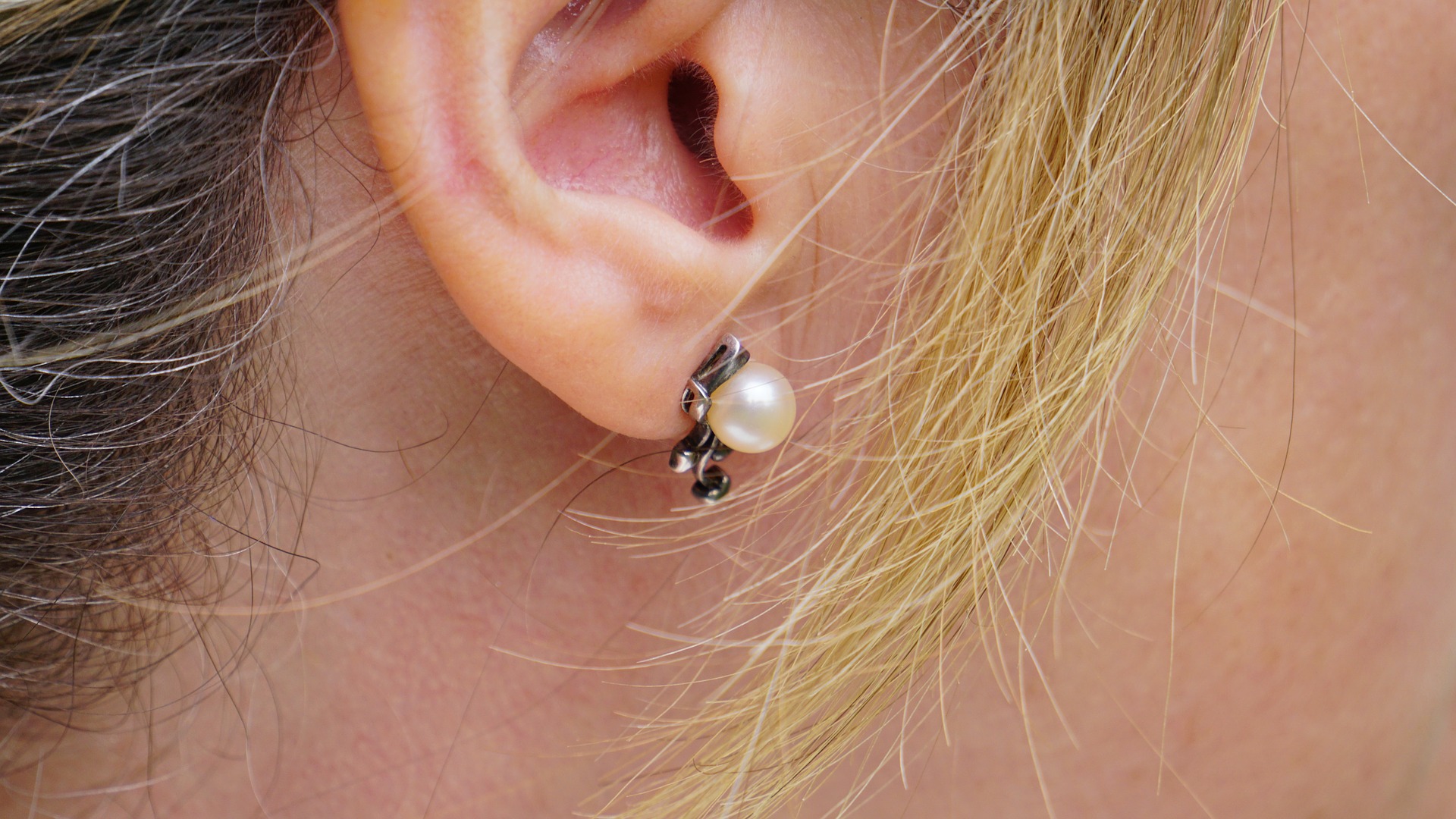Most people take their balance and hearing for granted. For people living with Meniere’s Disease, that’s not the case. The condition makes life challenging because it causes severe dizziness, nausea, hearing loss and an inability to walk or stand. Meniere’s Disease is a chronic condition that often starts in middle age.
The Social Security Administration recognizes the severity of Meniere’s Disease by listing it in its “blue book” of conditions eligible for disability designation. But just having Meniere’s Disease is not enough to get benefits. Your condition must last a certain number of months. A disability lawyer can help you gather the right medical documentation in order to ensure your application has the best chance for success.
What is Meniere’s Disease?
No one is sure what causes Meniere’s Disease. It is a disorder of the inner ear, and may be the result of an abnormal amount of fluid in that area. The inner ear does much more than help us hear. It is essential to proper coordination and balance. When the inner ear isn’t working right, it can make life particularly challenging.
According to the American Hearing Research Foundation, Meniere’s Disease is characterized by tinnitus, ear pressure, hearing loss, extreme dizziness and nausea. This leads to falls and trouble maintaining balance. But it is also associated with anxiety and depression. Treatments include anti-nausea and motion sickness medications, as well as diuretics to reduce fluid. There are also therapies to help with hearing loss. There is no specific cure for the condition.
What Qualifies for SSD?
Meniere’s Disease is specifically listed as an SSD qualifying condition under s. 2.07, “disturbance of labyrinthine-vestibular function,” of the SSA’s “blue book.” To show that you are living with Meniere’s Disease, you have to provide evidence of the following:
- Frequent vertigo episodes;
- Ringing in the ear (tinnitus);
- Test-confirmed ongoing hearing loss;
- Test-confirmed dysfunction of the vestibular labyrinth.
In order to qualify under s. 2.07, your Meniere’s Disease must have lasted, or is expected to last, for one year. Because the nature of the condition is to come and go in waves, it is important to talk to your doctor every time you have a symptom or attack. That way, there is medical documentation of the length of time you have lived with this syndrome.
If you do not meet the listing criteria for Meniere’s Disease, you may still be able to get SSD benefits. You will have to complete a residual function form and provide evidence that your symptoms affect your ability to work at any job. Your lawyer can help you to put this information together.
Indeed, working with an experienced disability law firm can help ensure your application is approved the first time, and you do not have to go through the lengthy reconsideration and appeals process.
What is a Compassionate Allowance?
As you can see, applying for SSD benefits can take time and energy. On occasion, the SSA allows applications to be expedited. This usually only happens in cases where the applicant’s eligibility for disability benefits is beyond doubt. Your lawyer can give you more information.
Who Can Help Me?
Even when you have a listed “blue book” condition like Meniere’s Disease, applying for SSD benefits can be exhausting. A disability lawyer like those at The Good Law Group can be your partners in the process. We’ve taken on these issues for more than 30 years and are ready to bring our experience to help you. Contact us today to learn how we help.









